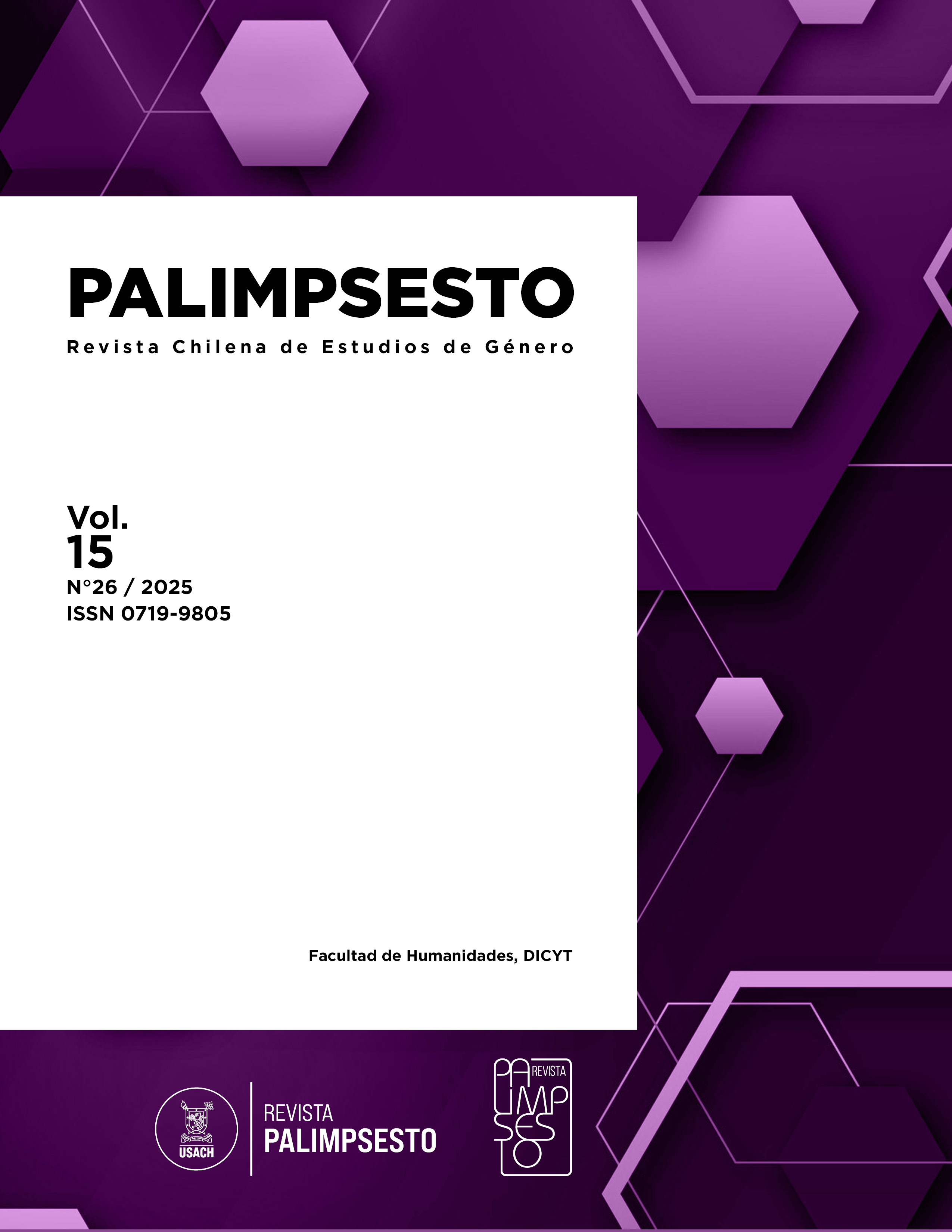From old school to influencers, through confinement and facilitators: Notes for thinking about student subjectivity.
DOI:
https://doi.org/10.35588/69zvq496Keywords:
pandemic, school area, Societies of Control, Student Subjectivity, InfluencersAbstract
The text establishes a path that suggests an analysis of student subjectivity. It is, by the way, a way of facing education in a broad sense and that has a direct dialogue with the ways in which young people relate to knowledge and formative instances. First, the educational experience that took place during the confinement as a result of Covid-19 is analyzed.
From there, and in a second key, the work of Mark Fisher is reviewed to address the unique characteristics of educational institutions in the context of post-disciplinary societies or societies of control. At this point, some aspects of student subjectivity are noted that are related, on the one hand, to a loss of sense of education as a tool for a future project and, on the other hand, to a certain manifestation of discomfort that manifests itself in at least two expressions: depressive hedonia and postlexia. Both phenomena show a contract of meaning with the current moment of capitalism and therefore with its technical communication regime.
Finally, the last section deals with the advance of new formative instances proper to the predominance of the digital world. Elian Chali's writings outline some attempts on new forms of subjectivity linked to education and the expectations projected on it.
References
Agamben, G. (2020). Requiem por los estudiantes. Blog Artillería Inmanente. https://artilleriainmanente.noblogs.org/?p=1514
Cataldo, H. (2024). La colonialidad de la realidad sudorosa. Emergencia de la piel algorítmica. Viña del Mar: Pecado
Chali, E. (2024). Influencers me explican cosas. Lobo suelto. https://lobosuelto.com/influencers-me-explican-cosas-elian-chali/
Deleuze, G. (2016). Postdata sobre las sociedades de control. Revista De Teoría Del Arte, (14/15), 183 – 189. https://revistateoriadelarte.uchile.cl/index.php/RTA/article/view/41444
Duru-Bellat, M (2006). L’inflation scolaire. Les désillusions de la méritocratie. Paris: Seuil.
Dussel, I., & Caruso, M. (2000). La invención del aula. Una genealogía de las formas de enseñar. Buenos Aires: Editorial Santillana.
Dussel, I., (2020). La escuela en la pandemia. Reflexiones sobre lo escolar en tiempos dislocados. Práxis Educativa (Brasil), 15, 1-16. https://doi.org/10.5212/PraxEduc.v.15.16482.090
Fisher, M. (2019). Realismo capitalista: ¿No hay alternativa? Buenos Aires: Caja Negra.
Foucault, M. (1989). Vigilar y castigar. El nacimiento de la prisión. México: Siglo XXI Editores.
Simons, M., & Masschelein, J. (2014). En defensa de la escuela. Una cuestión pública. Buenos Aires: Miño y Dávila Editores.
Venegas, C (2021). “Priorización curricular en pandemia: oportunidad de un nuevo currículum escolar en Chile”. Foro educacional, 37. https://doi.org/10.29344/07180772.37.2855
Yuing-Alfaro, T (2024). Mundana(L). Notas y re-escrituras. Viña del Mar: Pecado.
Downloads
Submitted
2025-06-19Published
Issue
Section
License
Copyright (c) 2025 Tuillang Yuing-Alfaro

This work is licensed under a Creative Commons Attribution 4.0 International License.
- Los autores publicados en Palimpsesto aceptan las condiciones de publicación, distribución, preservación y uso de contenidos contemplados por esta revista a través de la licencia Creative Commons BY https://creativecommons.org/licenses/by/4.0/ que permite compartir el trabajo con un reconocimiento de la autoría original y publicación inicial en esta revista
- Los autores pueden hacer uso sin restricciones de su producción, cumpliendo siempre con lo exigido por la dicha licencia: citar la edición respectiva de esta revista como fuente original.
- Palimpsesto acoge y promueve el cumplimiento de acceso abierto sin ningún tipo de condición o restricción a los textos y datos dados a conocer por ella. Palimpsesto hace suya todas las declaraciones internacionales que favorecen el acceso abierto (Open Access), tales como las de Budapest, Berlín, Bethesda, entre otras.
- Como política de retribución, los autores, cuyos artículos hayan sido aceptados y publicados en PALIMPSESTO, aceptan formar parte del comité de revisores de nuestra revista.
- El autor/a, una vez enviado el artículo, acepta las condiciones de difusión de esta revista explicadas en este apartado.









